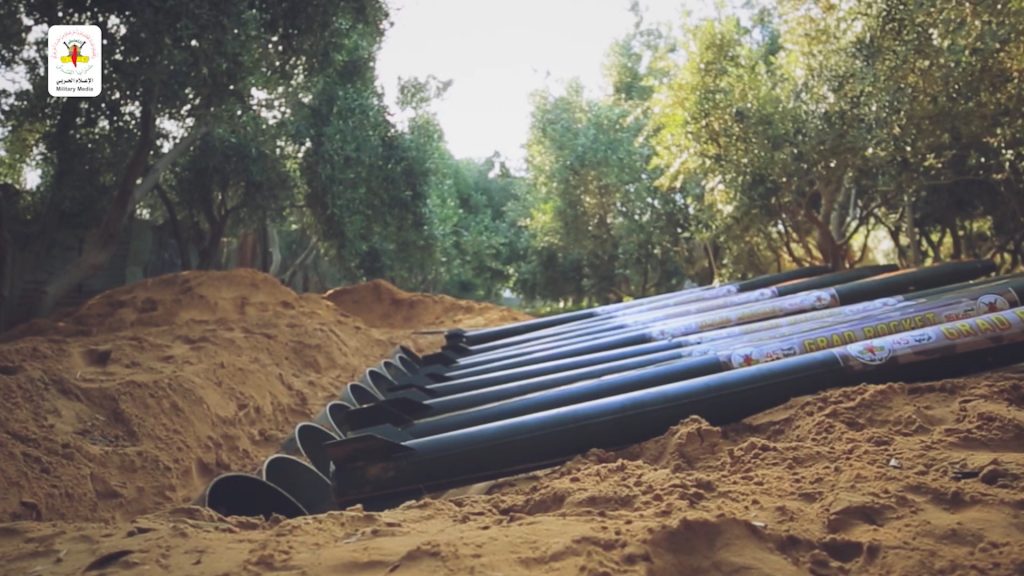In a video published by Palestinian Islamic Jihad (PIJ) on Oct. 10, the Iran-backed militant faction threatened Israel with conflict if Maher al-Akhras, a PIJ operative in administrative detention, were to die in the custody of Israeli authorities.
The threat from PIJ and other militant factions in the Gaza Strip, came after the deterioration of Maher al-Akhras’ health due to a hunger strike he began more than 75 days ago in protest of his administrative detention.
Administrative detention is a policy employed by the Israeli government that allows it to detain an individual suspected of being involved in terrorist activity without being formally charged of a crime or standing trial.
According to an Al-Jazeera article, al-Akhras was detained in July in the West Bank by the Shin Bet based on evidence that he posed a “danger to public safety” due to his membership in Saraya al-Quds, the military wing of PIJ.
In the publication featuring some of PIJ’s arsenal and various images of destroyed Israeli homes, Ziad Nakhala, the Secretary-General of PIJ, called al-Akhras a “mujahid” — an acknowledgement of al-Akhras’ membership in Saraya al-Quds.
Furthermore, Nakahala warned Israel that it bears responsibility for the well-being of al-Akhras.
“We hold the enemy responsible for the life of each of the prisoners especially for the mujahid brother Maher al-Akhras,” Nakhala stated.
Additionally, in an interview with militants from Saraya al-Quds, another warning of consequences was made if al-Akhras were to be “martyred”.
“The Zionist enemy bears full responsibility for any Palestinian prisoner and they must expect any reaction that will come from the Palestinian resistance in the event that the capitve Maher al-Akhras is martyred. We are always ready and awaiting the orders of the leadership in the event of a decision to declare war,” the militant stated.
The act of PIJ members launching hunger strikes has precedence. Notably, a PIJ leader in the West Bank, Khader Adnan Ghaith, undertook a 56-day hunger strike in 2015 to protest his administrative detention. He was eventually released by Israeli authorities without being charged.
The threat of conflict from PIJ over the well-being of a prisoner has rarely resulted in conflict. It is not in the interest of Israel to allow the hunger striker to die due to legal ramifications and the threat of sparking a conflict.
Unless al-Akhras is formally charged with a crime in the coming days or weeks, it is doubtful he will remain in administrative detention much longer given the history of successful hunger strikes like the case of Khader Adnan Ghaith.








